Sri Lanka president backtracks on parliament suspension
Calls a meeting that could end an increasingly bitter power struggle between two rival prime ministers
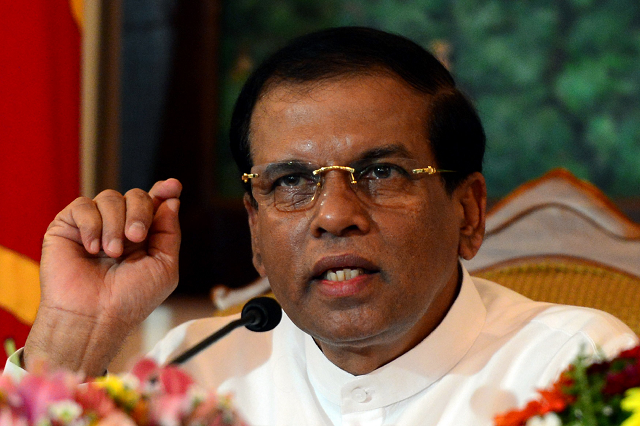
In this file photo taken on December 16, 2016 Sri Lankan President Maithripala Sirisena talks after a welcoming ceremony at the Malaysian prime minister's office in Putrajaya. PHOTO: AFP
The climbdown by Sirisena, who sparked the crisis by sacking Ranil Wickremesinghe as prime minister and naming former strongman leader Mahinda Rajapakse in his place, would allow a vote to see which of the two has majority backing among deputies.
Global pressure rises on Sri Lanka president to defuse political crisis
Sirisena had suspended parliament until November 16 in the hours after the sacking last Friday, deepening the crisis which led the parliament speaker to warn of a 'bloodbath' unless a vote is held. One activist has already been killed in fallout from the tensions.
The speaker Karu Jayasuriya met with Sirisena late Wednesday to force the concession, an official involved in the process told AFP.
"There were talks between the speaker and the president last evening. This is a compromise," the official said. "Otherwise, the speaker was going to defy the president and summon parliament on Friday."
Sirisena insists his actions were legal but Jayasuriya, who holds the third most powerful state post, refused to defend his manoeuvrings.
The crisis has put the whole country on edge.
Wickremesinghe has refused to accept his sacking and remained in the premier's official residence with hundreds of his followers camped outside.
He has repeatedly demanded that the legislature be recalled for him to prove his majority in the 225-member assembly. International calls for a parliament meeting have also been made by the United States and other nations.
Followers of sacked Sri Lankan PM stage mass rally
Rajapakse has meanwhile named a small ministerial team of 12 and addressed bureaucrats at the finance ministry on Wednesday. He promised to expand his cabinet to 30 members.
The two rivals are also jockeying for power behind the scenes, battling to tempt lawmakers from opposing sides to bolster their numbers if a vote is held on Monday.

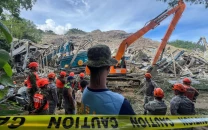
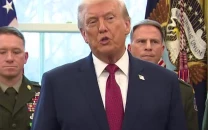
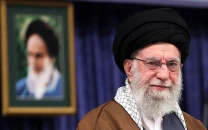
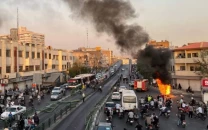
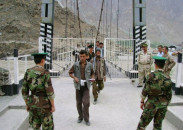
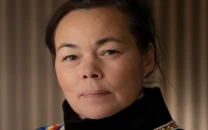












COMMENTS
Comments are moderated and generally will be posted if they are on-topic and not abusive.
For more information, please see our Comments FAQ